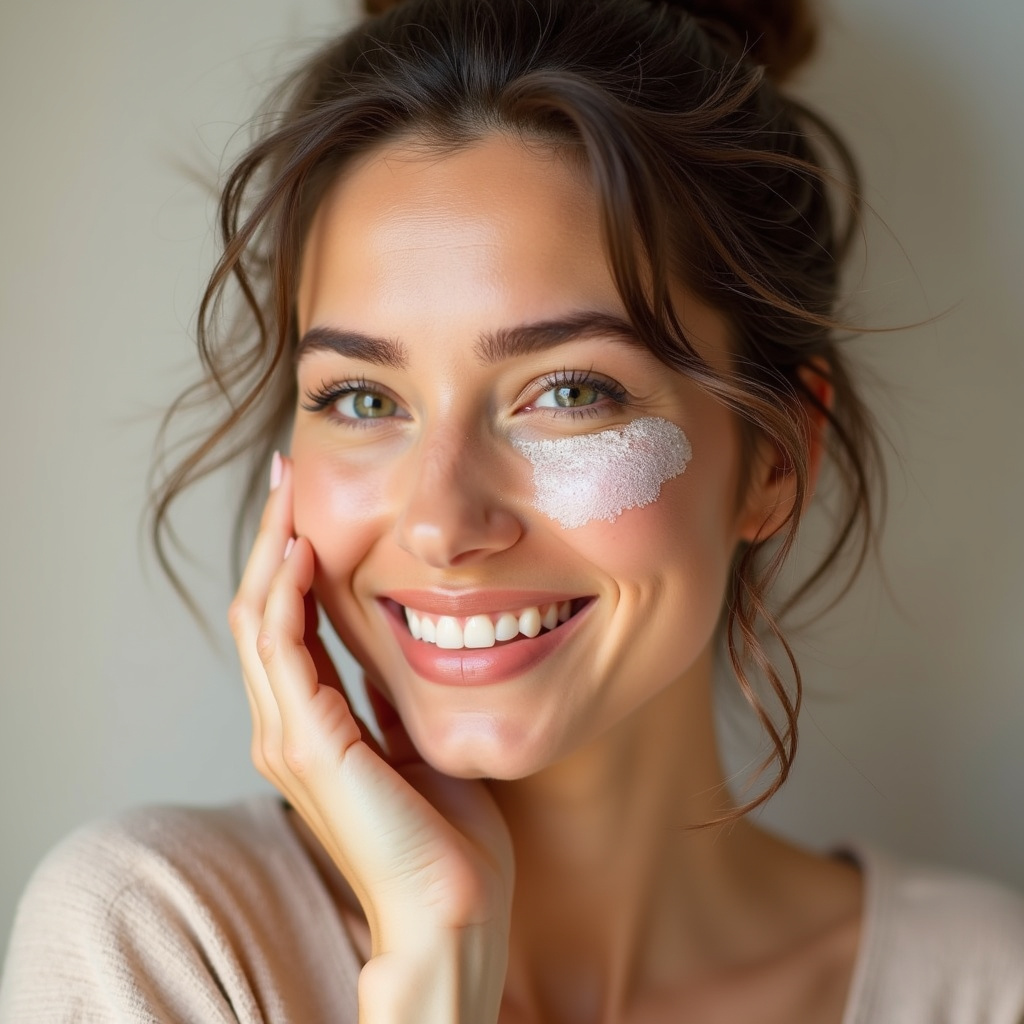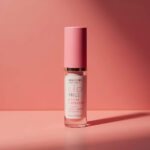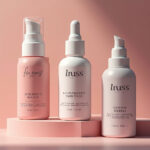Introduction to Retinol
As we age, our skin undergoes various changes, and many of us seek effective solutions to maintain a youthful appearance. One of the most talked-about ingredients in the world of skincare is retinol. This powerful derivative of vitamin A has gained immense popularity due to its numerous benefits for the skin. In this article, we will explore what retinol is, how it works, and the remarkable benefits it offers for anti-aging.
What is Retinol?
Retinol is a vitamin A derivative found in many over-the-counter skincare products. It is known for its ability to promote cell turnover, which means it helps shed dead skin cells and encourages the growth of new ones. This process can lead to a smoother, healthier complexion and is key in addressing various skin concerns.
How Does Retinol Work?
When applied topically, retinol penetrates the skin and converts into retinoic acid, which is the active form that delivers results. This conversion stimulates collagen production, improves skin elasticity, and enhances overall skin texture. Additionally, retinol helps to unclog pores, making it an effective solution for acne-prone skin.
Benefits of Retinol
Retinol boasts numerous benefits that make it a coveted ingredient in anti-aging skincare. Here are some of the key advantages:
- Reduces Fine Lines and Wrinkles: Regular use of retinol can help diminish the appearance of fine lines and wrinkles, giving the skin a smoother, more youthful look.
- Improves Skin Texture: Retinol promotes cell turnover, which helps to slough off dead skin cells and encourages the growth of new, healthy skin. This can lead to a more even skin texture.
- Fades Hyperpigmentation: For those struggling with dark spots or uneven skin tone, retinol can help lighten hyperpigmentation and improve overall skin radiance.
- Minimizes Pores: By preventing clogged pores and promoting cell turnover, retinol can help reduce the visibility of enlarged pores, resulting in a smoother complexion.
- Boosts Collagen Production: Collagen is essential for maintaining skin elasticity. Retinol stimulates collagen production, which can help combat sagging skin.
- Helps with Acne: Retinol is not just for aging skin; it is also effective in treating acne by preventing clogged pores and reducing inflammation.
How to Incorporate Retinol into Your Skincare Routine
Introducing retinol into your skincare routine should be done gradually to minimize irritation. Here are some tips to help you get started:
- Start Slow: Begin with a lower concentration of retinol (0.25% or 0.5%) and use it once or twice a week. Gradually increase the frequency as your skin adjusts.
- Apply at Night: Retinol can make your skin more sensitive to sunlight, so it’s best to apply it in the evening.
- Moisturize: Follow up with a good moisturizer to help hydrate your skin and reduce potential dryness.
- Use Sunscreen: Always apply sunscreen during the day, as retinol can increase your skin’s sensitivity to UV rays.
Possible Side Effects and Precautions
While retinol is generally safe for most skin types, some people may experience side effects, particularly when first starting treatment. These can include:
- Redness
- Dryness
- Peeling
- Sensitivity
If you experience severe irritation, it’s advisable to reduce the frequency of use or consult a dermatologist for guidance.
Conclusion
Retinol is a powerful ingredient that can significantly benefit your skin, especially when it comes to anti-aging. By incorporating retinol into your skincare routine, you can enjoy a smoother, more youthful complexion while addressing various skin concerns. Remember to start slowly, be patient, and always prioritize sun protection. With consistent use, retinol can be a game-changer in your quest for healthy, radiant skin.




